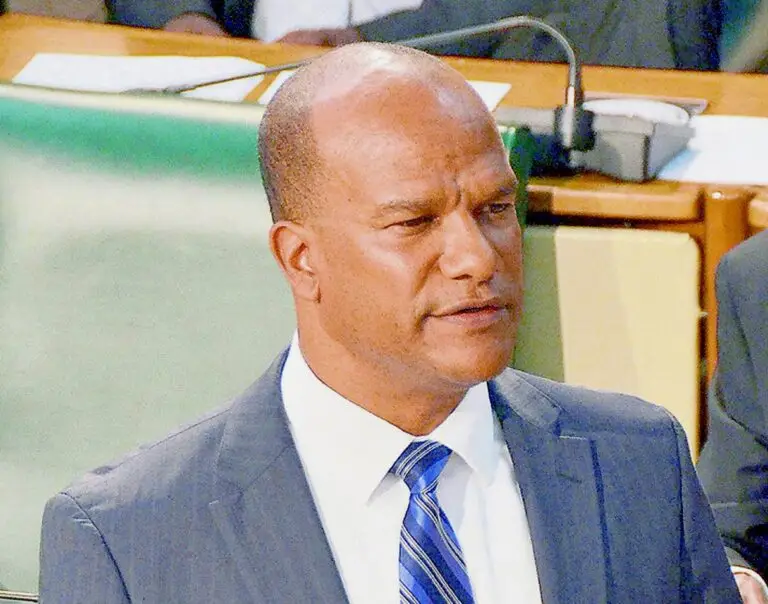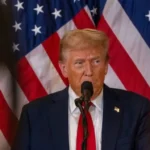In a recent parliamentary session, Senator Peter Bunting—Opposition representative for public security and economic initiatives—voiced strong criticism of the governing Jamaica Labour Party (JLP). He contends that the ruling administration is engaging in a deliberate effort to weaken the Integrity Commission (IC), the independent body established to combat corruption and misuse of public resources.
Growing Skepticism Toward the Government’s Intent
Bunting’s remarks painted a picture of a government distancing itself from previously touted anti-corruption goals. He accused the JLP of “side-stepping accountability measures” and retreating from positions that once supported stricter oversight. According to Bunting, this about-face aligns with a broader move to erode any legislative push that might expose illicit activities by public officials.
Prime Minister’s Earlier Stance Contradicted
In the midst of his critique, Bunting pointed to Prime Minister Andrew Holness’s prior statements acknowledging that pervasive corruption stifles investment and hampers Jamaica’s economic growth. Holness had once remarked that reducing corruption was crucial for enhancing foreign direct investment (FDI), boosting investor confidence, and preventing revenue leakage. However, Bunting emphasized that net FDI levels have dropped sharply, from around US$926.5 million in 2015 to approximately US$376.5 million by 2023.
“These numbers,” Bunting argued, “reinforce the notion that corruption has a tangible impact on Jamaica’s economic performance. Even the Prime Minister once agreed that graft remains a chief obstacle to growth.”
From Endorsement to Legal Challenge
Recalling a time when Prime Minister Holness praised the Integrity Commission’s impartial work under the leadership of Justice Seymour Panton, Bunting contrasted those positive sentiments with the Prime Minister’s recent legal filing. Holness is currently challenging a provision within the Integrity Commission Act, calling section 14(5) unconstitutional.
Bunting criticized this about-face, viewing it as “extraordinary” that the same law Holness’s government had introduced and certified as constitutional is now under fire from the Prime Minister himself. The senator also highlighted a specific Integrity Commission report which scrutinized complex financial transactions linked to Holness, arguing that this scrutiny appears to have triggered the sudden change in governmental attitude.
Broken Promises on Anti-Crime Measures
Beyond the Integrity Commission, Bunting accused the JLP of failing to deliver on other key transparency and security initiatives. He cited the government’s apparent abandonment of commitments to implement Unexplained Wealth Orders, as well as the sluggish progress on rolling out body-worn cameras for police officers—both measures meant to enhance public trust in law enforcement.
Uncertain Path Ahead
As concerns mount over corruption’s corrosive effect on Jamaica’s economy and governance, Bunting’s accusations raise fresh questions about the true extent of the JLP’s commitment to integrity and reform. Whether the administration will address these allegations directly—and clarify its evolving relationship with the Integrity Commission—remains to be seen.
For now, the senator’s criticisms have intensified public scrutiny and reignited debate over how best to guard against unethical practices and ensure a transparent future for Jamaica.






